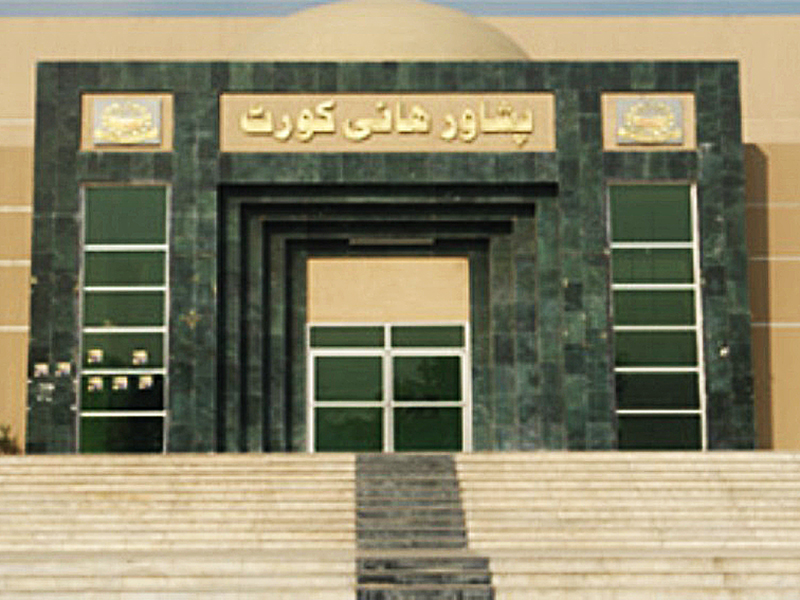
After the Islamabad High Court, other high courts have also acknowledged the interference of the country’s security apparatus in judicial functions -- especially those related to political matters.
The Peshawar High Court and Lahore High Court have both admitted that the interference of intelligence agencies in judicial affairs was an 'open secret'.
"Interference in politics, functioning of parliament and the judicial working of the superior judiciary by the executive organs of the State is an open secret. Some of the participants/judges have expressed and shared the trauma, which they underwent due to [the] interference [of] the intelligence agencies when some political cases came up for hearing before the bench, which was presided over by them,” read the PHC’s reply submitted to the Supreme Court in a suo motu case in connection with six IHC judges’ letter.
“They [participants/judges] have also complained about the direct approach to them by the members of the intelligence agencies seeking favour[s] in [deciding] political cases. However, when the matters were decided impartially, they received life threats through non-State actors from the neighbouring country, Afghanistan,” it added.
“The matter was also discussed with the Counter-Terrorism Department [CTD] but with no progress. Similarly, this fact was also brought into the notice of all concerned at the highest level.”
The LHC in its reply stated that a large majority of the judges present in the meeting also observed with grave concern that the “interference of agencies/executive in the independence of judiciary is an open secret”. It continued that the earlier judgments of the Supreme Court to prevent this interference had turned out to be “ineffective”.
“Therefore, the judges of LHC expect that the Supreme Court of Pakistan, in its final judgement in this suo motu case, may give a comprehensive mechanism to deal with the matter.”
The reply read that it was unanimously proposed that the code of conduct of the superior court judges and district judiciary should be amended.
It continued that there should be a complete ban on the meeting of the judges with the members of intelligence agencies, with the exception of cases of close blood relationship.
It was also proposed that it should be mandatory for every judicial officer to immediately disclose to a district and sessions judge, the LHC chief justice and the chief justice of Pakistan if any attempt is made to interfere in their court work.
“A permanent cell may be constituted at the high court and Supreme Court level to process such reports/complaints and their decisions in accordance with the law."
The LHC response stated that the intelligence agencies involved in phone tapping or audio/video recording etc. of judges and their families should be identified and proceeded against in accordance with the law.
"If a judge of [the] high court or district judiciary is approached, intimidated or blackmailed by any member of the state agencies/executive, then [the] said judge apart from taking initiating legal proceedings against the responsible persons may also initiate contempt proceedings against him/them or he may proceed in the matter as envisaged under section 228 PPC as the case may be."
The LHC hoped in its reply that the final verdict by the SC would cover a great distance in protecting and upholding the constitutional principle of trichotomy of power by ensuring free as well as independent functioning of each institution of the State.
It was suggested that the chief justice as well as the district and sessions judge and the judge himself should immediately try to secure the CCTV camera footage, phone recordings or other evidence which could be secured through modern devices in case any attempt of interference in the independence of judiciary was made by the executive or intelligence agencies.
“There always remain more chance of interference in ATCs [anti-terrorism courts , NAB [National Accountability Bureau] and anti-corruption courts, where sensitive matters are decided therefore the high courts should be empowered to directly make transfer/postings of the judges of said courts without approval/interference of the federal/provincial governments and relevant provisions of law should be amended.”
The LHC reply states that if the relevant judge of the high court or the district judiciary himself does not initiate contempt or other legal proceedings, in that case he may report the incident with full details to the Chief Justice or the district & sessions judge, as the case may be.
"On receipt of the report from a Judge of the High Court, the Chief Justice shall constitute a suitable Bench comprising of at-least five (05) Senior Judges of the Court to hear and decide the said case.
"In the case of incident reported by a Judge of the High Court, the matter shall also be brought into the notice of the hon'ble Chief Justice of Supreme Court of Pakistan, who may also take proper action on the said complaint if deemed necessary, provided the cognizance of the matter has already not been taken by the concerned Judge himself or the High Court.
Likewise, on receipt of report from a Judge of the District Judiciary, the District & Sessions Judge, apart from taking any other legal action, shall proceed in the matter as envisaged under section 228 PPC. He shall also report the matter to the Chief Justice of the High Court. Same procedure shall be adopted by judges of special courts.
LHC reply says that presumption of truth shall be attached to the complaint/ affidavit of a judge. Moreover, judge should not be liable to be cross examined by any party to the case.

















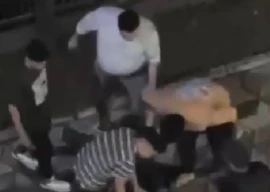



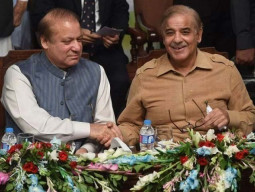


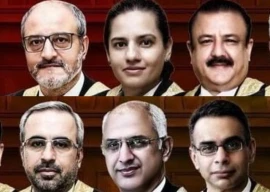
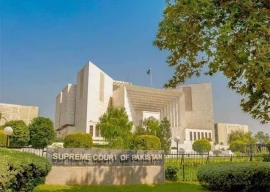


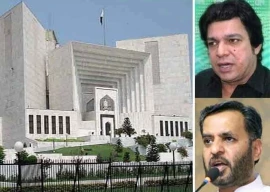
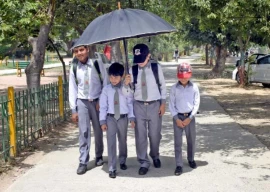

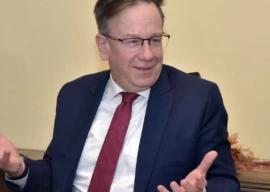
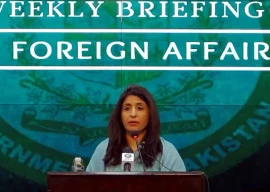

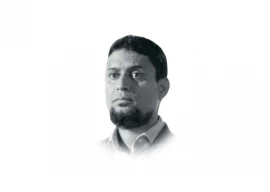



COMMENTS
Comments are moderated and generally will be posted if they are on-topic and not abusive.
For more information, please see our Comments FAQ